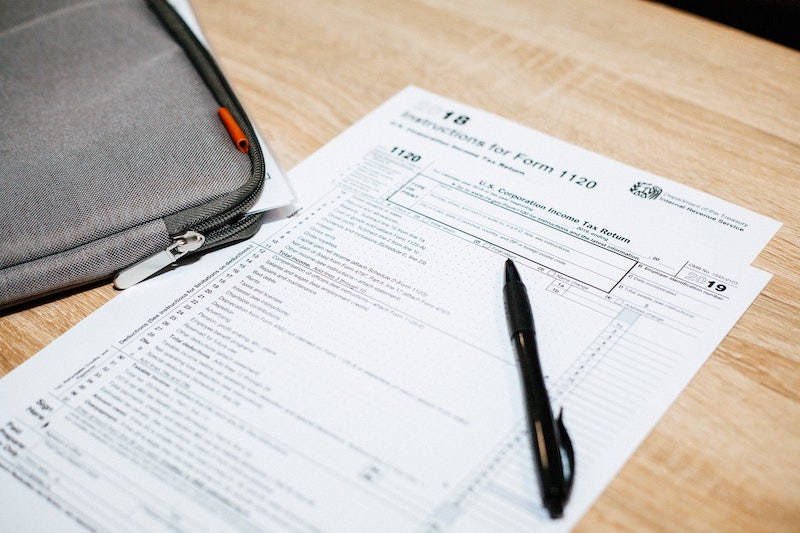
Yes, it’s tax time again. Some are excited about the prospect of getting money back, while others are scrambling to scrounge up with a payment. But is anyone thinking about taxes owed on a debt settlement? You may have missed that part when you made the deal.
Creditors are obligated to tell you that there may be a tax liability on charged-off debt, but how they disclose that is often overlooked. They won’t say it outright unless you ask the question directly. It will, however, be clearly stated in the fine print of the contract. You know, the part you really need to squint to read.
What is debt settlement and how does it work?
Let’s back up a bit. A debt settlement is when you pay less than what you actually owe and the creditor charges off the rest, releasing you from the obligation to pay that portion. This arrangement is often done with credit cards that are seriously overdue.
Say you have a $3,000 unpaid credit card bill, and you offer to settle it for $1,500. Most credit card issuers will take that deal if you’re more than three months behind on your payments. They’ll absorb the $1,500 loss—it’s just the cost of doing business for them.
Enter the IRS. You received that other $1,500 in the form of merchandise or services, so to them, that’s income. The credit card company is obligated to file a 1099-C for you and declare it. If you made a debt settlement last year, expect to get that form in the mail this year.
Now, there are exceptions. Some credit card companies choose not to send the 1099-C because it eliminates any possibility of collecting the balance due at a later date. They also don’t have to send one if the amount charged off was less than $400.
Do you have to pay taxes on charged-off debt?
Put this in the same category as that self-employed income you make on the side. If someone sends you a 1099 for the money they paid you, file it with your taxes and pay your share. Failure to do so could lead to penalties, interest, or even incarceration in extreme cases. Saving on taxes is great, but if jail is anything like it is on TV, you should want no part of it.
You do not need to file a Schedule C or SE if you receive a 1099-C. Enter the amount on Line 21 of Form 1040 and follow the instructions to calculate what you owe. For smaller debt settlements, the amount owed is usually offset by your W2 withholdings.
If you want to avoid this altogether, consider debt consolidation loan rates before going the debt settlement route. We know, hindsight is 20/20, but if you’re reading this before you’ve settled debt, think about it: You’ll still save money because interest rates on loans are lower than credit card interest rates. You also won’t have to worry about paying the tax man next year. (Also, no jail.)
Debt canceled due to Insolvency
Last year was tough for a lot of people, so some debt settlements aren’t going to be the small variety you typically see on credit cards. In cases of mortgage cancellation and bankruptcy, that charged-off amount could leave you liable for several thousand dollars in taxes. Yikes.
If you’re in this situation, don’t panic. The IRS is able to cancel debt due to insolvency. If you claim bankruptcy, you’ll need to prove that the debt you owe is more than your total assets are worth. Read IRS Publication 4681 for more on that.
For mortgage debt, you may be in luck if you bought your house between 2007 and 2016. The Mortgage Debt Relief Act protects you from having to pay taxes on canceled mortgages signed during that time. Speak to an accountant or tax professional to learn more.
Photo by Leon Dewiwje on Unsplash